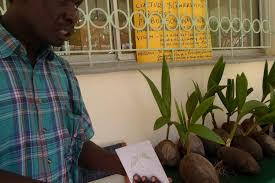Is connectivity a basic human right?

Lazarus Sauti Technology writer Meghan Neal once asked: “As decreed by the United Nations’ Universal Declaration of Human Rights, human beings have the right to free expression, to culture, to equality, to life, liberty, and security. Do we need to add one more - the right to internet?” The United Nations believes that Internet access is a basic human right that should be guaranteed and protected by states and affirms that the same rights that people have offline must also be protected online, in particular freedom of expression, which is applicable regardless of frontiers and through any media of one’s choice. The prevailing sentiment is that without access to the web it is increasingly hard to exercise these basic freedoms - making connectivity itself a right by extension. Considering that two-thirds of the world is not online, that would mean a big chunk of the population is being denied their basic rights, which is one of the reasons so many technology heavyweights,...







